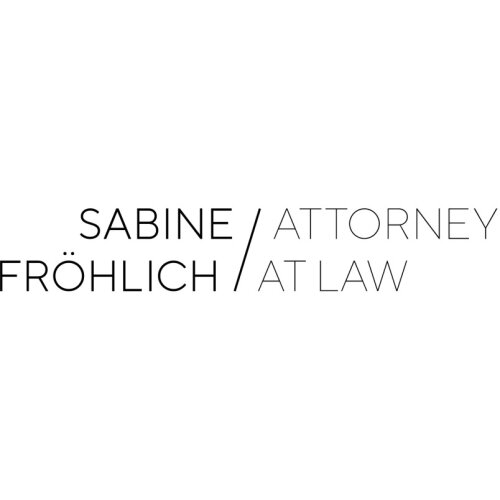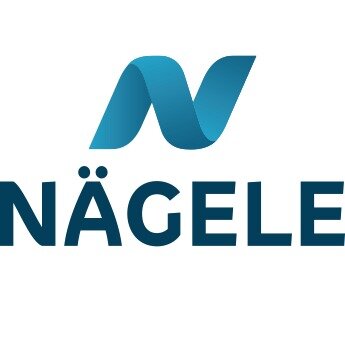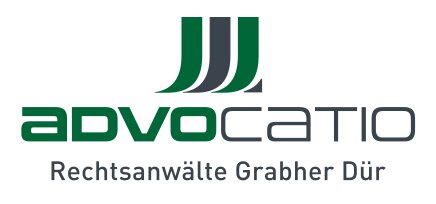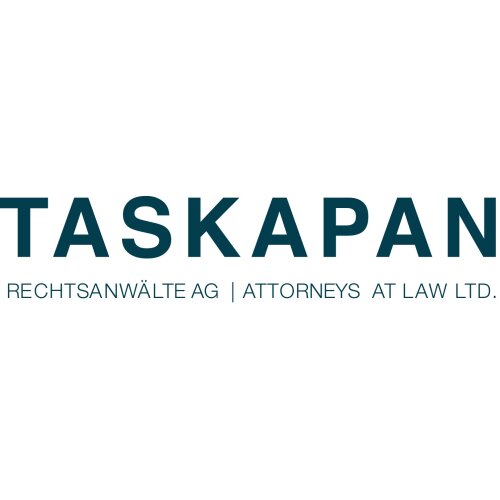Best Tax Increment Financing Lawyers in Vaduz
Share your needs with us, get contacted by law firms.
Free. Takes 2 min.
List of the best lawyers in Vaduz, Liechtenstein
About Tax Increment Financing Law in Vaduz, Liechtenstein
Tax Increment Financing (TIF) in Vaduz, Liechtenstein, serves as a financial tool utilized to promote economic development within specific areas. It allows the city to use the future tax gains created by increases in property values to fund current improvements like infrastructure, public facilities, and other development projects. This mechanism is designed to drive redevelopment in underutilized or distressed areas without raising overall taxes.
In Vaduz, as in many jurisdictions, TIF is governed by a blend of national and local statutes that ensure transparency, public benefit, and financial accountability. This strategic financial tool, when applied correctly, enhances the attractiveness and functionality of specific districts, contributing to the comprehensive development of the region.
Why You May Need a Lawyer
Engaging a lawyer in matters related to Tax Increment Financing can be beneficial for a variety of reasons:
- Understanding Complex Regulations: Tax Increment Financing involves intricate legal and financial regulations that require expert navigation.
- Project Development: Lawyers can guide the process of initiating, structuring, and implementing TIF projects efficiently.
- Negotiations and Contracts: Help in drafting and negotiating agreements between stakeholders including governmental bodies, developers, and financial institutions.
- Compliance and Risk Management: Ensure compliance with local and national laws and manage potential legal and financial risks.
- Dispute Resolution: Legal professionals can help in resolving disputes that may arise in the course of TIF projects.
Local Laws Overview
The key aspects of local laws relevant to Tax Increment Financing in Vaduz, Liechtenstein encompass strict adherence to statutory requirements for project approval, transparency, and public accountability. These laws dictate the following:
- Establishment of TIF Districts: This involves the delineation of areas eligible for TIF based on economic need and potential for growth.
- Public Participation: Regulations require public hearings and input before the approval of a TIF project.
- TIF Plan Approval: Legal frameworks outline the need for a comprehensive TIF plan including objectives, financial projections, and economic benefits analysis.
- Fiscal Transparency: Mandatory disclosure of financial operations to ensure the public and all stakeholders understand the economic impact of TIF projects.
Frequently Asked Questions
What is Tax Increment Financing?
Tax Increment Financing is a public financing method that is used to subsidize community improvement projects. It captures the future tax benefits of real estate improvements to pay for the present cost of those improvements.
Who can initiate a TIF project in Vaduz?
TIF projects can be initiated by local government authorities, often in partnership with private developers, to encourage investment in designated TIF districts.
How does TIF impact local taxes?
TIF itself does not increase taxes. It reallocates the future increase in property taxes resulting from the uplift in property values after developments, to cover the costs of improvements in the TIF district.
What are the benefits of TIF?
TIF helps stimulate economic growth and revaluation in less developed areas, improves infrastructure, increases property values, and creates job opportunities.
Is public input required for TIF projects?
Yes, public hearings and consultations are generally required as part of the TIF approval process to ensure transparency and community involvement.
What role do developers play in TIF projects?
Developers often partner with local governments to carry out the development projects. They provide the plans and manage construction, operating under agreements set by the TIF framework.
Can TIF fail, and what are the risks?
Yes, TIF projects can fail if anticipated property value increases do not materialize, leading to financial gaps. Risks include inadequate planning and economic downturns affecting property values.
How long do TIF districts last?
Typically, TIF districts have a lifespan that can range from 10 to 25 years, depending on the agreements and goals set by the initial TIF plan.
Are there restrictions on how TIF funds can be used?
TIF funds are restricted to projects outlined in the approved TIF plan, usually focusing on infrastructure upgrades, public facilities, and sometimes affordable housing.
Do TIF districts benefit the entire community?
If implemented effectively, TIF improves local economies, infrastructure, and livability, ultimately benefitting both the TIF and surrounding areas.
Additional Resources
For individuals seeking further information or legal advice on Tax Increment Financing in Vaduz, Liechtenstein, consider the following resources:
- Government Office for Economic Affairs: A local governmental body that can provide detailed guides and legal requirements for TIF.
- Liechtenstein Economic Chamber of Commerce: Offers resources and assistance for entrepreneurs and developers interested in TIF projects.
- Legal and Financial Consulting Firms: Specialized firms in Vaduz that can provide consultancy services tailored to TIF-related ventures.
Next Steps
If you are seeking legal assistance in Tax Increment Financing, consider the following steps:
- Research and Identify Experts: Look for legal professionals or firms with experience in TIF law and economic development projects.
- Schedule Consultations: Engage in initial consultations with several lawyers to discuss your needs and understand their approach.
- Assess Expertise and Fees: Evaluate the compatibility of their expertise with your objectives and inquire about their fee structure.
- Formalize Engagement: Once satisfied with a legal advisor, formalize the engagement process by agreeing on terms and scope of service.
Lawzana helps you find the best lawyers and law firms in Vaduz through a curated and pre-screened list of qualified legal professionals. Our platform offers rankings and detailed profiles of attorneys and law firms, allowing you to compare based on practice areas, including Tax Increment Financing, experience, and client feedback.
Each profile includes a description of the firm's areas of practice, client reviews, team members and partners, year of establishment, spoken languages, office locations, contact information, social media presence, and any published articles or resources. Most firms on our platform speak English and are experienced in both local and international legal matters.
Get a quote from top-rated law firms in Vaduz, Liechtenstein — quickly, securely, and without unnecessary hassle.
Disclaimer:
The information provided on this page is for general informational purposes only and does not constitute legal advice. While we strive to ensure the accuracy and relevance of the content, legal information may change over time, and interpretations of the law can vary. You should always consult with a qualified legal professional for advice specific to your situation.
We disclaim all liability for actions taken or not taken based on the content of this page. If you believe any information is incorrect or outdated, please contact us, and we will review and update it where appropriate.















